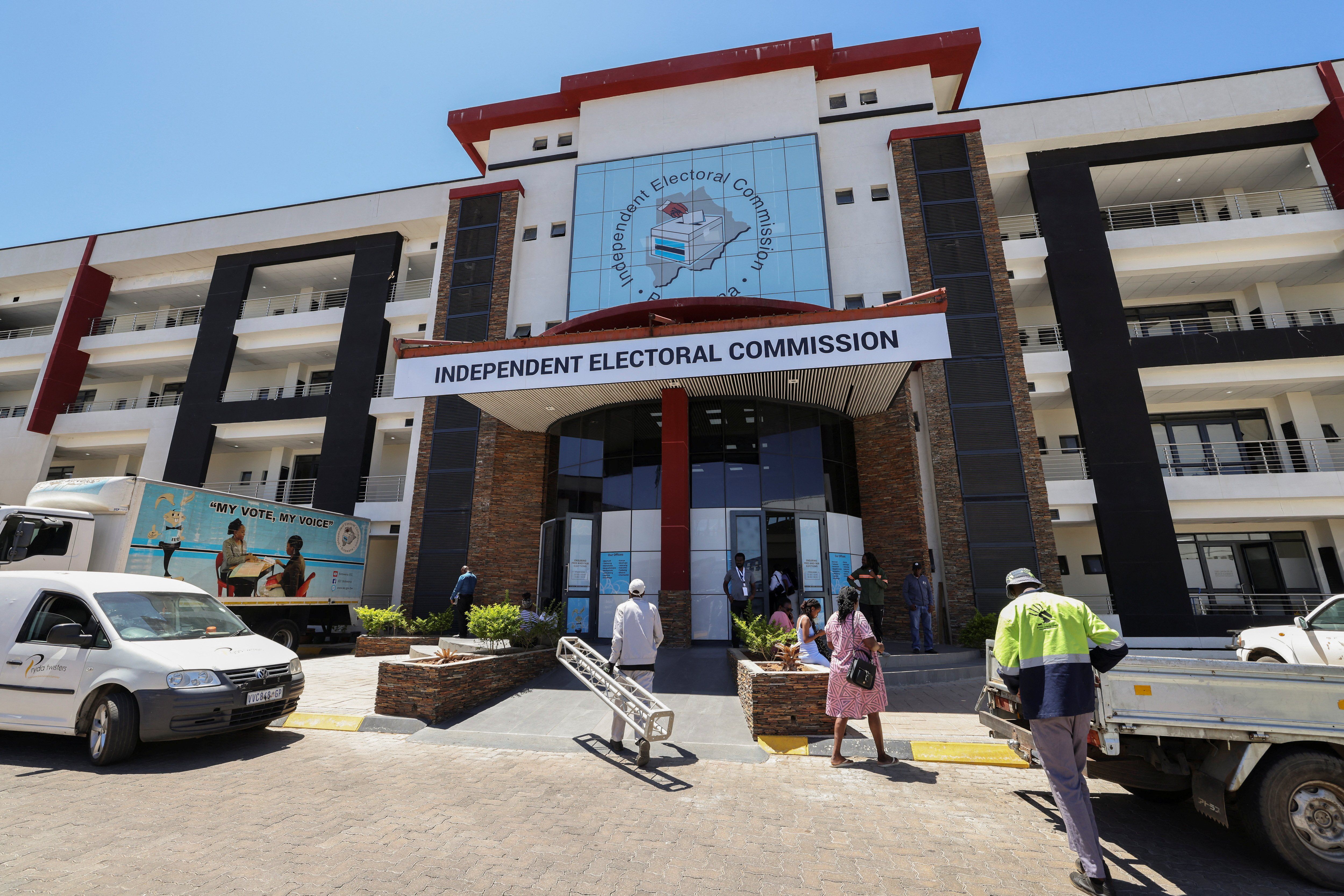The party that has governed Botswana since independence is facing an unexpectedly stiff challenge, as the diamond-rich African nation of 2.5 million heads to the polls today against a backdrop of unprecedented economic challenges.
The backstory: Botswana, which regularly vies with Russia for the top spot in global diamond production, has long been one of the wealthiest and most stable democracies in Africa.
But the rapid rise of lab-grown diamonds in recent years has eroded global demand for mined gems, which account for 90% of the country’s exports. GDP is set to expand just 1% this year, barely a fifth of what it was in 2022. Unemployment is nearing 30%.
The contenders: Current President Mokgweetsi Masisi of the Botswana Democratic Party is seeking a second six-year term, but it’s hard to be the “change” candidate representing a party that’s been in power for 58 years.
His top challengers are opposition leader Duma Boko, a Harvard-educated human rights lawyer representing the Umbrella for Democratic Change, and Mephato Reatile of the Botswana Patriotic Front, a party formed five years ago as a breakaway from the BDP.
The job: Whoever takes power will need to dig deep for a new economic model in a country long accustomed to pulling wealth out of the ground.
